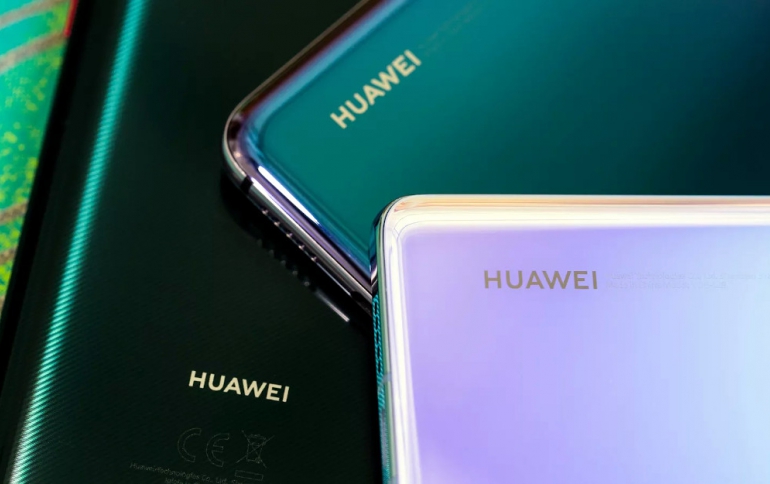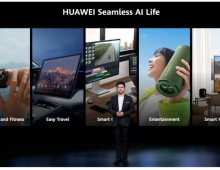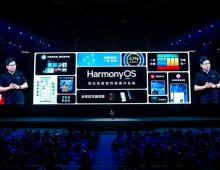
Huawei's Revenue Rose 24.4% in First Three Quarters of 2019
Huawei Technologies Co Ltd, the Chinese technology giant blacklisted by the U.S. government, said revenue grew 24.4% in the first three quarters of 2019 to 610.8 billion yuan ($86 billion).
The company's net profit margin in this period was 8.7%.
China’s largest technology company managed to grow revenue despite curbs on the export of crucial American software and components, which executives had warned for months would severely crimp both its networking and smartphone businesses. Huawei has said it expects U.S. export restrictions to reduce annual revenue at its consumer devices business by about $10 billion, in part because Google can no longer supply Android updates and apps from Gmail to Maps for the Chinese company’s newest handsets.
In the carrier business, commercial deployment of 5G networks around the world has sped up. Huawei has continued to launch solutions with carriers like 5G Super Uplink, smart & simplified transport networks. The company has also worked with industry partners to establish an industry alliance and an industry innovation base for 5G deterministic networking.
To date, Huawei says it has signed more than 60 commercial contracts for 5G with global carriers and shipped more than 400,000 5G Massive MIMO active antenna units (AAUs) to global markets. The production and supply of Huawei's optical transmission, data communications, and IT products grew steadily.
In the enterprise business, the company launched the Huawei Horizon Digital Platform. With it, Huawei aims to work with its customers and partners to build a foundation for the digital world. This platform will also help various sectors like government, public utilities, finance, transportation, and electricity to speed up their digital transformation.
By the end of Q3 2019, more than 700 cities, 228 Fortune Global 500 companies, and 58 Fortune Global 100 companies had selected Huawei as their partner for digital transformation.
Huawei's cloud service development has been accelerating. In Q3, Huawei announced its computing strategy and released Atlas 900, the world's fastest AI training cluster. Other products the company has launched include the HUAWEI CLOUD Ascend AI cluster services, 112 new services powered by Kunpeng and Ascend processors, and Industrial Intelligent Twins. These products achieved major breakthroughs in government, Internet service provider (ISP), automotive, finance, and many other industries. Three million enterprise users and developers have used HUAWEI CLOUD to develop products and solutions.
In the consumer business, Huawei's smartphone business has grown steadily. Huawei's smartphone shipments in the first three quarters of 2019 exceeded 185 million units, representing a year-on-year increase of 26%.
The company said in August that while the impact of U.S. trade restrictions will be less than initially feared, the curbs could push its smartphone unit’s revenue lower by about $10 billion this year.
The company also saw rapid growth in other new businesses like PCs, tablets, wearables, and smart audio products.
The Huawei Mobile Services ecosystem has also developed rapidly, covering more than 170 countries and regions. It has attracted over 1.07 million registered developers worldwide.





















